What You Should Know About 4K and Streaming It
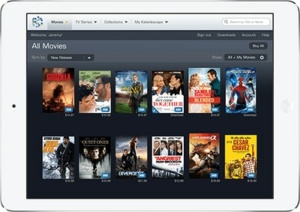
But not all 4K is the same.
In fact, there are a lot of variables that can impact your viewing experience, not least of which is how your movie or TV show is delivered to your screen.
There are some important differences between a true 4K experience and what many people see when streaming 4K. Here are the top 5 things you should know.
1. Streaming Requires Compression
Every frame you see at 4K resolution contains four times the information of a regular HD frame, and that amount of raw data can make it a challenge to get it to you. Streaming services have developed different ways to compress the data, though, but it does create a difference between what you see and hear on a stream and what you would experience with physical media.
You may not always notice the pixelation or the digital artifacts that this type of streamlining leaves behind, especially during transitional scenes, but they are a known symptom of data compression.
You may also notice some differences in the audio delivery. Even if the streamed content allows up to 7.1 channels, the audio will still be in a compressed format. If you’re just running the sound through the speaker in the TV, that format is probably good enough. However, If you want the true theater experience with true high-quality sound you probably can’t get it through streaming.
2. Streaming 4K Relies on an Internet Service Provider and Can Be Capped

Then – if you want to put on your conspiracy theorist hat – you may recall that most ISPs don’t exactly appreciate services like Netflix. A suspicious mind could point to certain studies that showed how the speed at which Netflix was delivered to homes dramatically decreased until the service agreed to provide some extra compensation for the ISPs.
In other words, it is possible for an ISP to put some hurdles between your streaming service and your movie night.
In addition, an hour of 4K streaming eats up about 7 GB of data per hour. So if your current internet plan has a data cap, you may hit it sooner than you think if you’re watching a lot of ultra HD content.
3. Streaming may be your only option
More and more streaming services are providing 4K content, which means that users will have easier access to the movies and shows they want to see.
As more and more people rely on their streaming services, some companies have even begun to skip the physical media altogether. So, streaming may be your only options for some content – or content in the future.
4. True 4K Requires a Serious Setup
There are a number of contact points in a serious home theater system that could bottleneck your content. The more complex the setup, the more likely something could interfere with the ideal performance. Every cable and every device could potentially cause a hiccup in the system, so you need to make sure you have everything set for the optimal experience.
5. True 4K Will Remain in Your Collection
When we talk about a true 4K experience, we’re generally talking about something that comes from physical media. While it may not be as
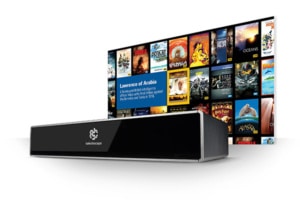
There is also another option that allows you to collect true 4K movies and access them with the ease of most streaming services: full 4K downloads. There are some devices on the market, such as the Kaleidescape Encore Statro available from TVS Pro, that are designed to deliver a true 4K audio and visual experience by allowing you to purchase and download them onto a local hard drive. They will always be on your system, and they won’t have an ISP getting in the way of your viewing experience.
Weighing Your Options
There are benefits to both streaming and true 4k. Some people feel that the convenience and massive selection of a streaming service are more than enough to justify occasional drops in resolution and a compressed digital soundtrack. Others strive to create the most authentic experience possible and won’t settle for anything less than peak performance.
So, as you begin to look at some new equipment, remember that not all 4k is the same. While you may have to invest a little more into a true 4K experience, if you really want to get the most out of every movie night, it’ll be worth it.
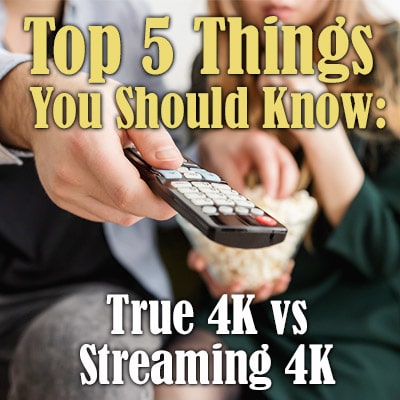




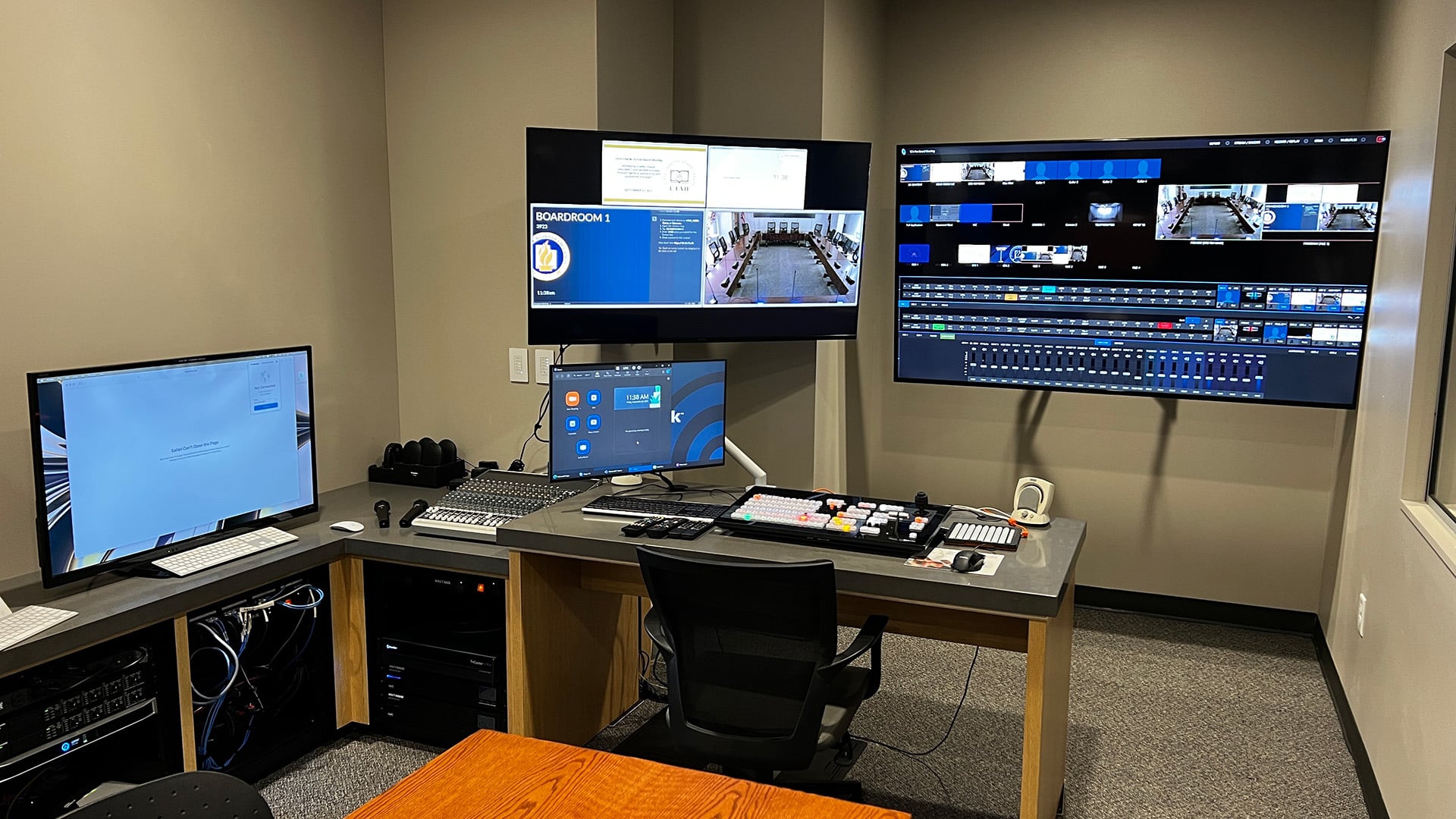
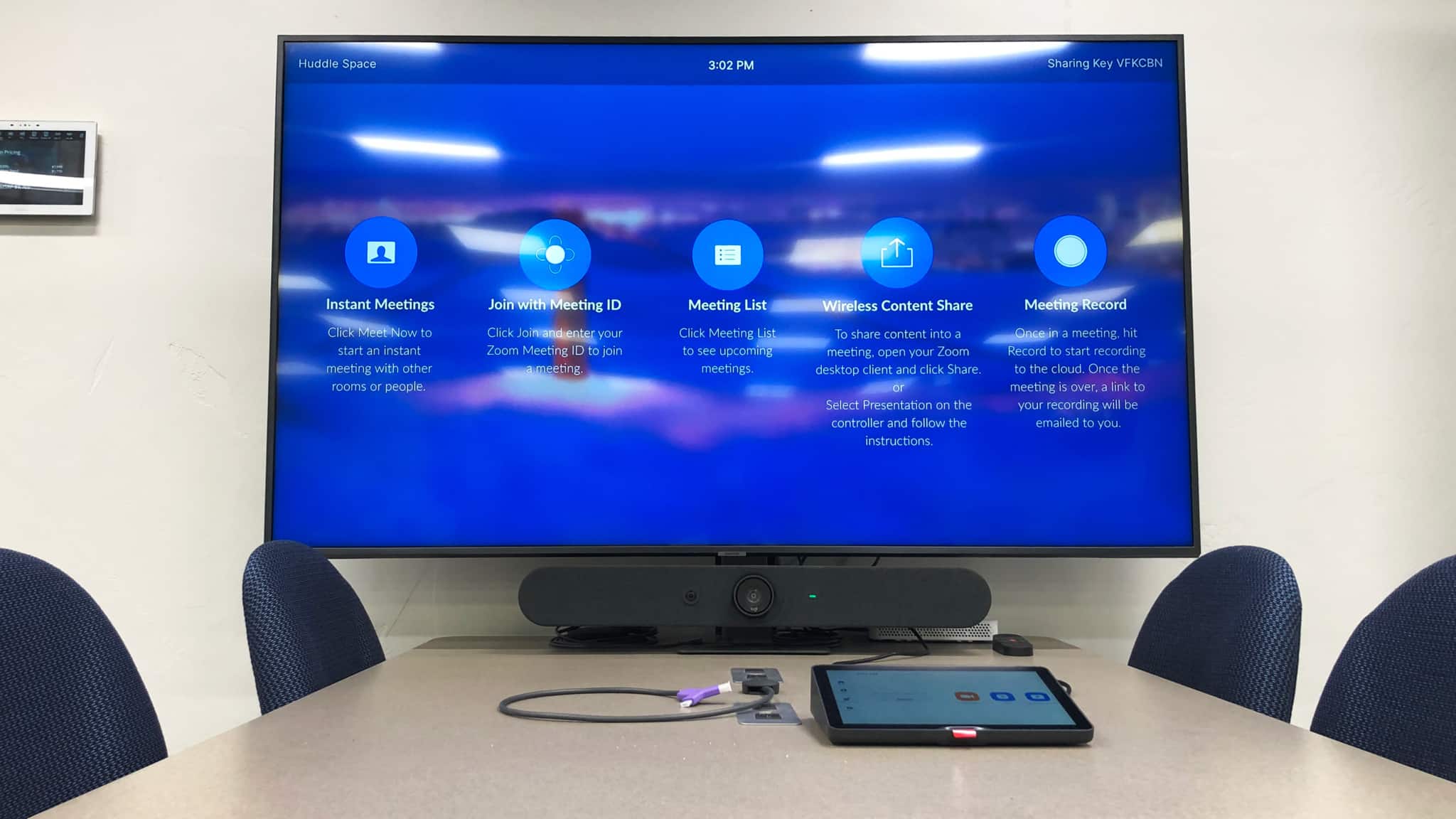
yes, 4k is the best as in 4k is really life seeing movies pictures and what have you in 4k is really the best. i just can’t imagine, not seeing content in 4k anymore i love 4k i love great display and colorful content. thanks for this knowledge you have shared for us. i always appreciate ant thing about movies